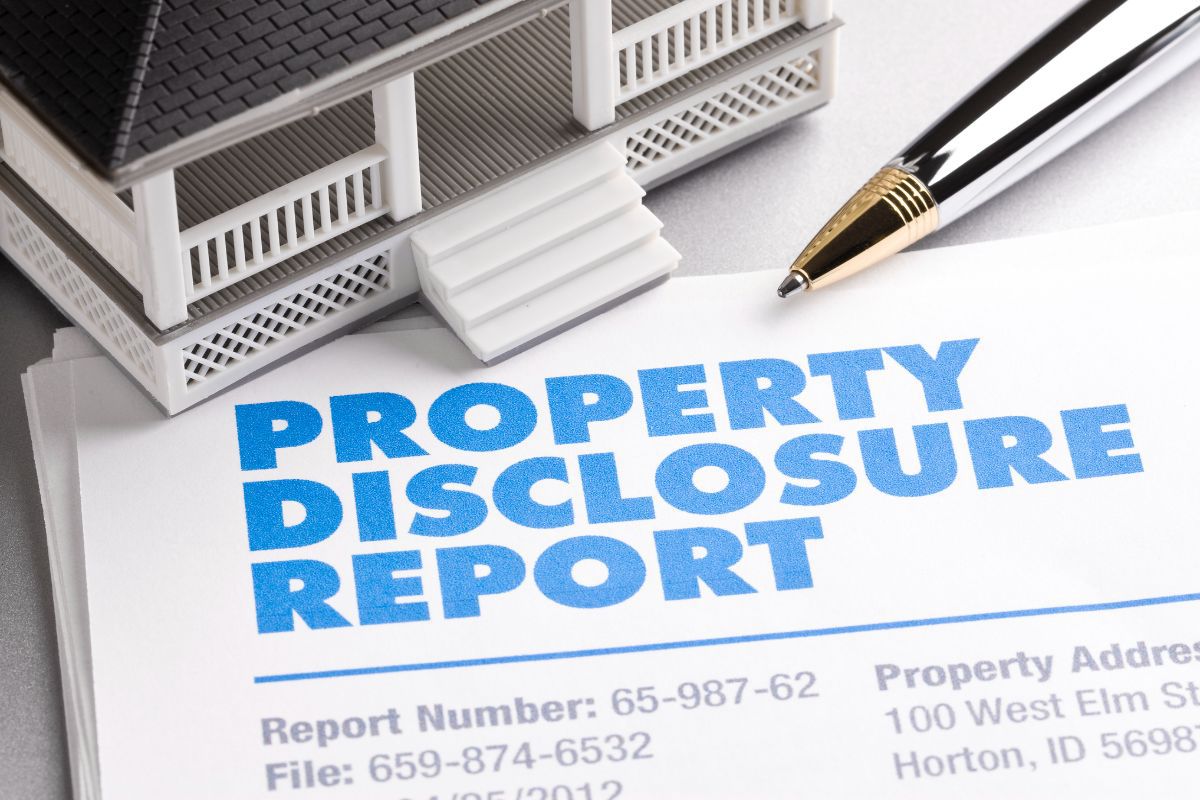Arizona law requires that a seller of any real estate disclose certain items in a real estate transaction, such as known defects. Failure to disclose those items required by law can lead to failed transactions and legal disputes. Therefore, a successful real estate deal may depend on you resolving the disclosure issue. When participating in a real estate transaction that ends up in a dispute, an Arizona real estate lawyer can assist you.
The Residential Seller’s Property Disclosure Statement
The Arizona Association of Realtors has developed a Residential Seller’s Property Disclosure Statement (SPDS) that most realtors use as a standard part of real estate transactions. The standard Residential Real Estate Purchase Contract requires that the seller provide the completed SPDS to the buyer. On the SPDS, the seller specifically warrants that they have “disclosed to Buyer and Broker(s) all latent material defects and any information concerning the Premises known to the Seller, excluding opinions of value, which materially and adversely affect the consideration to be paid by Buyer.” Finally, the seller agrees to maintain the property in the same condition through the closing of the real estate transaction.
The SPDS focuses on the legal requirement of a seller of real estate to disclose any known material facts and defects about the real estate to the prospective buyer. Facts or defects generally are “material” if they are so significant that knowledge of them could alter the transaction’s outcome, affect the buyer’s decision, and/or impact the property’s value.
The SPDS contains six sections for the seller to fill out about different aspects of the property. These sections include:
- Ownership and Property
- Building and Safety Information
- Utilities
- Environmental Information
- Sewer / Waste Water Treatment
- Other Conditions and Factors
A seller also generally must disclose some other information about residential real estate. For instance, you must disclose if your home was built before 1978 and any known issues related to using lead-based paint in the home. Furthermore, the purchase contract must include a Comprehensive Loss Underwriting Exchange report if a realtor is involved in your real estate transaction. This report includes the last five years of insurance claims on the home or, if the owner has owned it for less than five years, for the years of their ownership.
What You Are NOT Required to Disclose
Arizona law also explicitly provides that there is some information that a seller need not disclose in a real estate transaction, including the fact that:
- A death has occurred in the home;
- A person has lived in the home who has had or been exposed to HIV or other diseases not contracted through common occupancy; and
- A sex offender lives in the area.
Disputes Over Real Estate Disclosures
Disputes may arise when one party – usually the buyer – contends after closing the transaction that the seller failed to disclose a material or latent defect in the property. For example, the buyer might discover soon after moving into the property that the roof has a major water leak or the basement floods every time it rains. Misrepresenting the property’s condition or providing misleading information to the buyer during a real estate transaction can lead to allegations of fraud by the buyer against the seller for failure to disclose defects as required.
In this instance, a buyer must prove that the seller had actual knowledge of the defect or other material information they did not disclose in the SPDS or otherwise during the real estate transaction. Whether the seller knew of the defect and failed to disclose it, of course, depends on the facts of the case. However, the dispute also may implicate the realtor and, by extension, the broker if they knew about a defect and failed to disclose it.
Contact Us Today for Help with Your Real Estate Law Issues
The real estate attorneys of Provident Law have over 200 years of combined legal experience. We aim to build a relationship with you and our clients as we work with you through your most complex legal problems. Call us today at (480) 388-3343, or contact us online to see what we can do for you.


